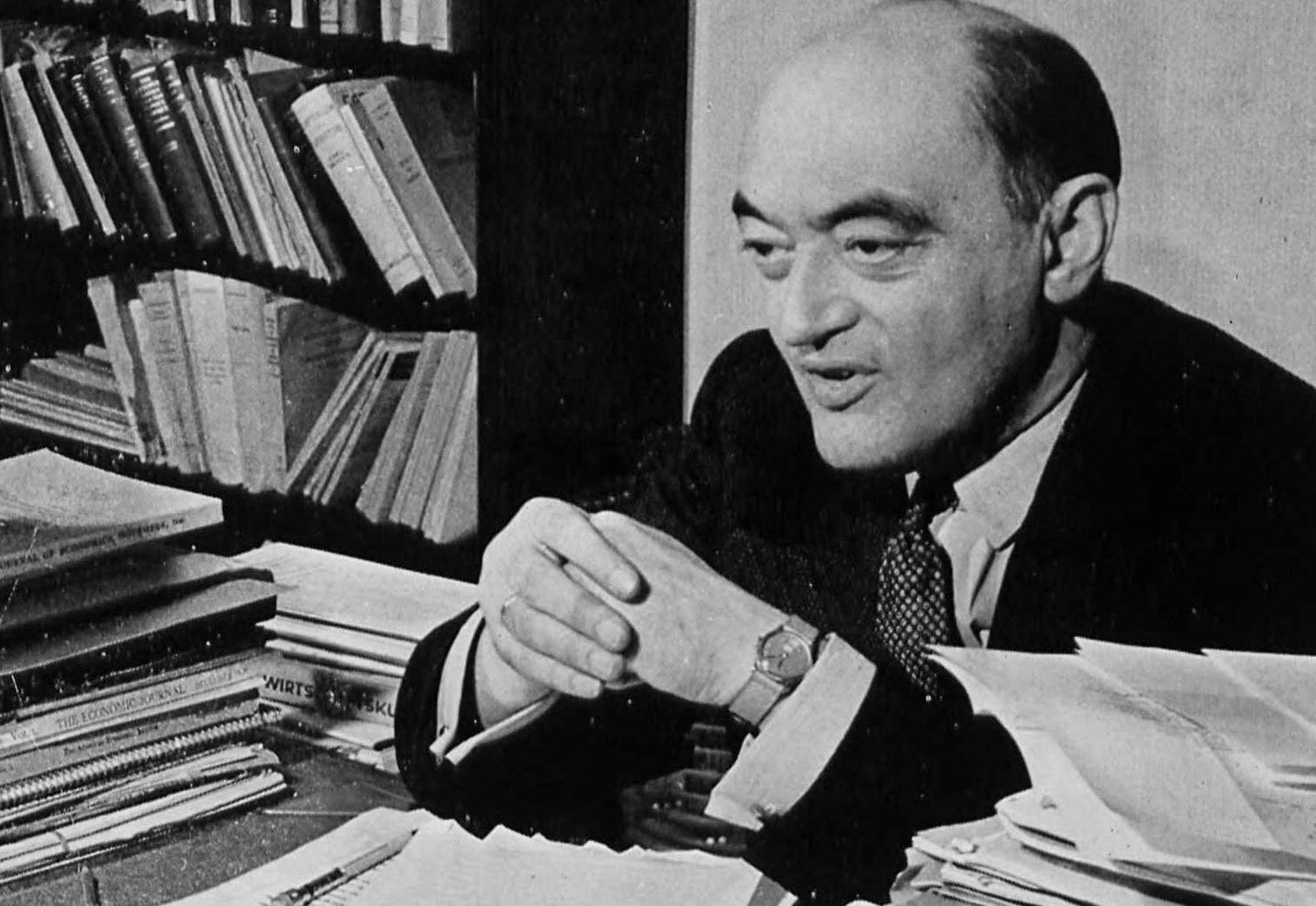Socrates, awaiting his execution in a prison cell in Athens, tells his protégé this nugget of wisdom: “the good life, the beautiful life, and the just life are the same” (Crito, 48b). The just, the beautiful, and the true are intrinsically linked together, for they take their ideal form in the wholly abstract world of forms. In this essay, I do not seek to argue for the nature of beauty, or for aesthetic characteristics of an objective standard of beauty, but only that the current manner in which aesthetic degradation has permeated into life is subversive to the ends of the polis — namely, it actively works to subvert human flourishing, broadly understood — and must be dealt with in the strongest possible terms. The importance that is attached to this subject arises from a strong sense of architectural exceptionalism and the moral character inherent in architecture and in any sort of grand design.
Continue reading “Marginal Notes toward a Politics of Space”


